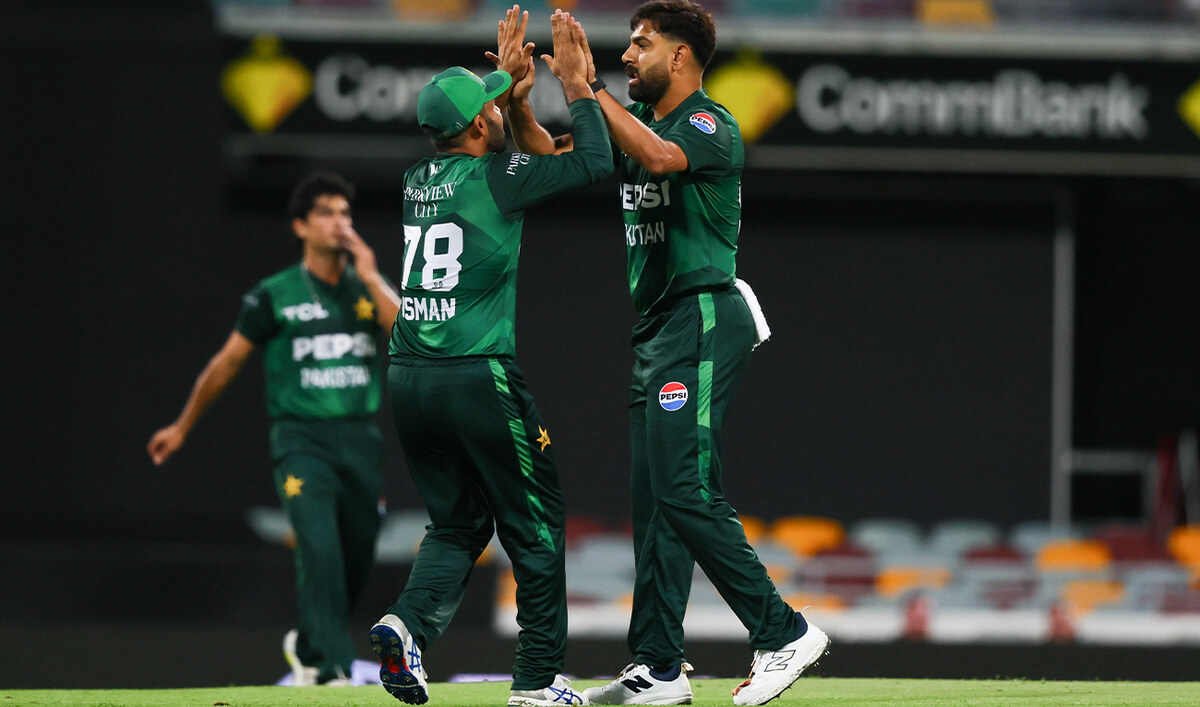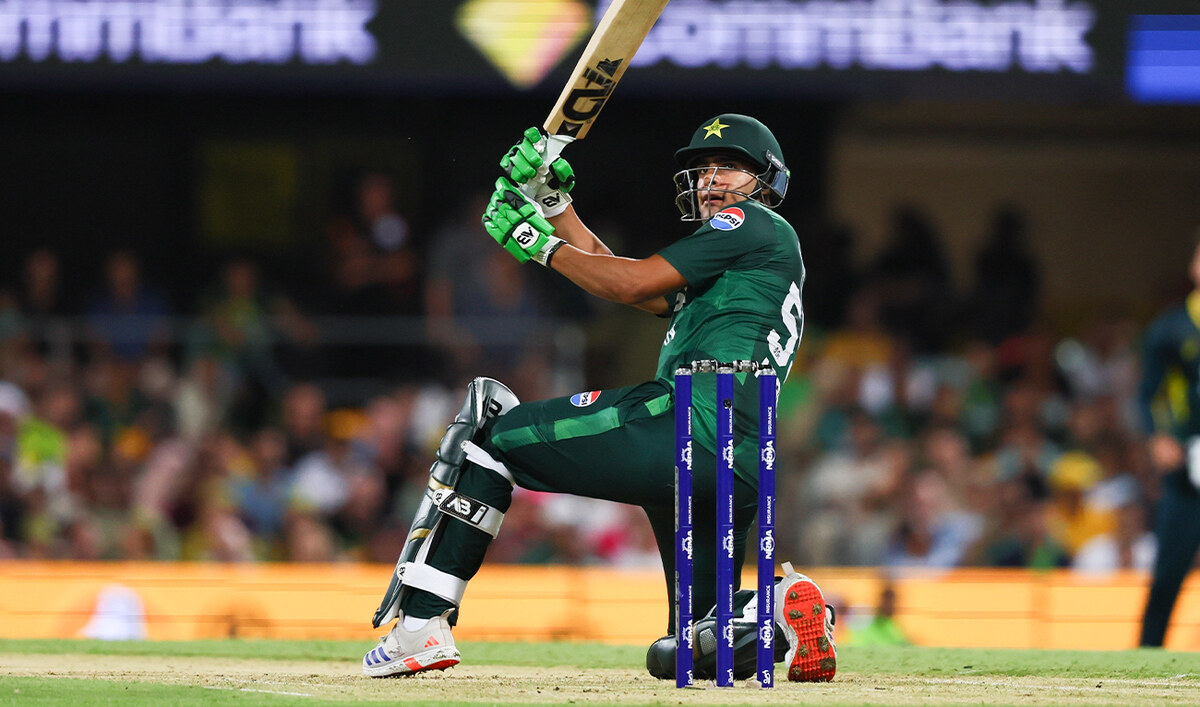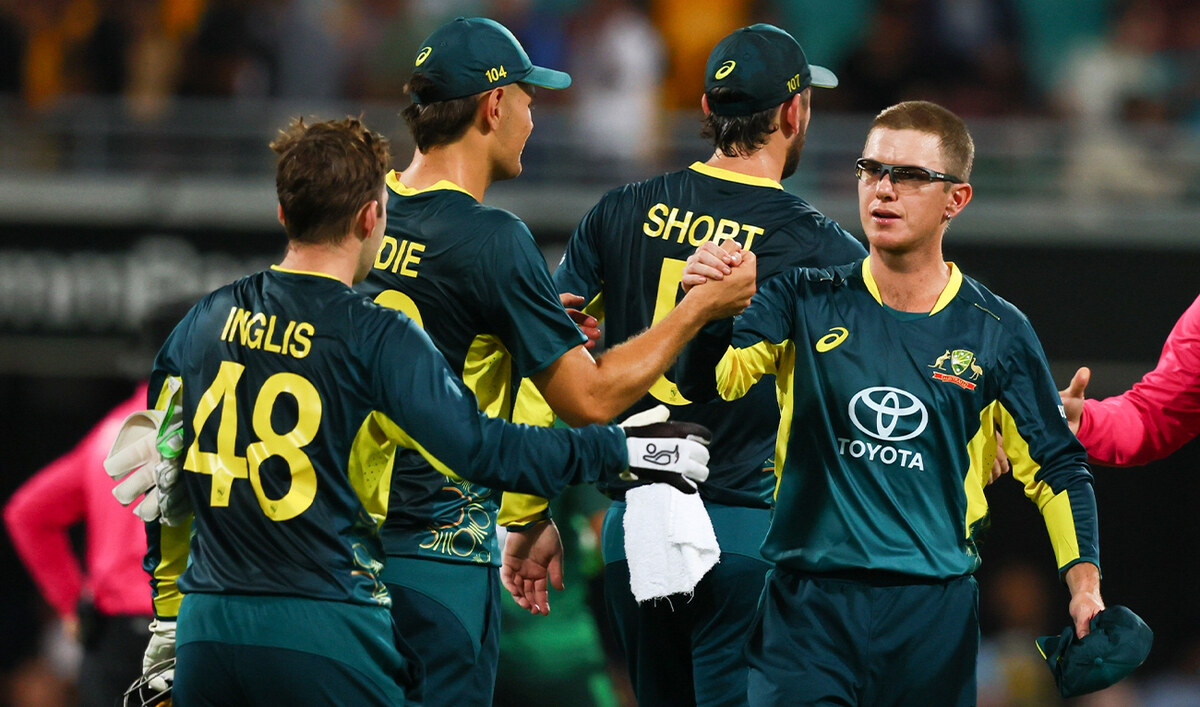ABU DHABI: A familiar crunch point awaits the UAE and their long-held — but stubbornly unfulfilled — dream of a World Cup return.
Hopes of repeating the heroics of 1990 in 2026, so high after the Whites opened the third round of qualifying with a resounding 3-1 victory over double Asian Cup holders Qatar in September, are receding following a dispiriting single point earned from three subsequent outings.
Their impending double-header in Abu Dhabi against Kyrgyzstan (Nov. 14) and Qatar (Nov. 19) will decide much for Group A’s third-placed outfit. With a team this mercurial, the UAE could just as easily pass the halfway stage, hot on the heels of automatic entry for the 2026 World Cup, as be cast aside.
Last month they were valiant in narrow defeat to second-placed Uzbekistan and insipid throughout a stultifying 1-1 home draw against bottom-placed North Korea.
Paulo Bento is the latest manager to feel the heat. His predecessors — Rodolfo Arruabarrena, Edgardo Bauza, Mahdi Ali and others — all came up short. What can the former Portugal and South Korea head coach do differently to ensure a different outcome?
“I am confident, because I saw the way that the guys approached the training sessions and their focus,” Bento told reporters at Mohamed bin Zayed Stadium on Wednesday.
“This, for me, in this moment, is enough. We need to prove this on the pitch. I don’t hide my feelings and my thoughts, they (the players) know the way that we approached the game against North Korea and how we are doing now, it is different.”
The biggest challenge for the 55-year-old is to plot a course without star attacker Ali Saleh, the Al-Wasl talisman who cut Qatar to ribbons in September. Sadly, he is ruled out thanks to injury.
Instead, an engine room also lacking the dynamism of suspended Al-Wahda tyro Abdulla Hamad will be fueled by a recall for Al-Ain’s ceaseless AFC Champions League-holder, Mohammed Abbas, while Sharjah’s versatile Majid Rashid also returns to the fold.
This month’s Ligue 1 breakthrough for Montpellier forward Junior Ndiaye — Dubai-born son of prolific former Al-Nasr attacker Samba N’Diaye — has also been rewarded with a return.
Another naturalized addition is Fleetwood Town utility player Mackenzie Hunt, who provided an assist on his debut at Qatar. Asian football’s rapid improvement leaves question marks about the lasting impact of someone who was a regular on the bench for Premier League club Everton last season but who is yet to find the net in 14 League Two appearances during this one.
Fabio De Lima’s clean bill of health after an enforced absence in October is another welcome boost. With 12 international goals to his name he is three ahead of any other current squad member — namely Caio Canedo, on nine.
It is this lack of lethal players up top that will cause sleepless nights for Bento. Just two goals have been scored in three successive (winless) home qualifiers across the second and third rounds.
The UAE are also Group A’s joint-second lowest scorers, with four strikes in four matches. A cause for concern when just two points separate them, in third, from North Korea in sixth.
Baniyas loanee Fahad Bader, Shabab Al-Ahli Dubai winger Harib Abdalla and club-mate Yahya Al-Ghassani have all yet to find the net in the 2024/25 ADNOC Pro League. Last month’s naturalized debutant, Bruno, is experiencing his most productive start to a domestic campaign, with four goals in seven top-flight games, but he experienced a chastening opening to his international career.
Breakout Asian Cup hero Sultan Adil — with six goals from 11 caps — has not yet kicked a ball in the current campaign.
However, the current crisis has not prompted Bento to turn back the page.
A rapprochement with 85-goal record marksman Ali Mabkhout has stayed off the agenda, despite the 34-year-old’s revitalized vigor at new club Al-Nasr, where five strikes in seven league appearances leave him sitting comfortably as the season’s current lead Emirati goal scorer.
With the number of teams increasing to 48 for the 2026 World Cup, there are greater opportunities for the UAE. The team still feels the burn of 2022, when an agonizing near-miss by a single goal against Australia in the fourth round prevented them from progressing.
This time offers more chances in a new-look fourth round, with the third and fourth-placed finishers pitted against each other. There are also the dreaded inter-confederation play-offs, if required.
Bento’s mission is more than just assembling a winning XI on the pitch. It is to instill the belief that a less-heralded squad can tread where their predecessors could not.
Confidence, however, remains fragile. Wounds from January’s Asian Cup elimination by debutants Tajikistan in a penalty shootout remain fresh. The UAE was further unpicked by qualifying reversals to Iran and Uzbekistan, and an inability to defeat unfancied North Korea still stings.
Recent history, however, provides some encouragement that Bento will eventually prove his worth.
Scathing criticism following quarterfinal failure at the 2019 Asian Cup transformed into glowing tributes when he departed as South Korea’s longest-serving manager, coming on the back of an encouraging 2022 World Cup which included group-stage victory over his native Portugal.
Another redemption arc will secure Bento a cherished spot in UAE sporting lore.

























